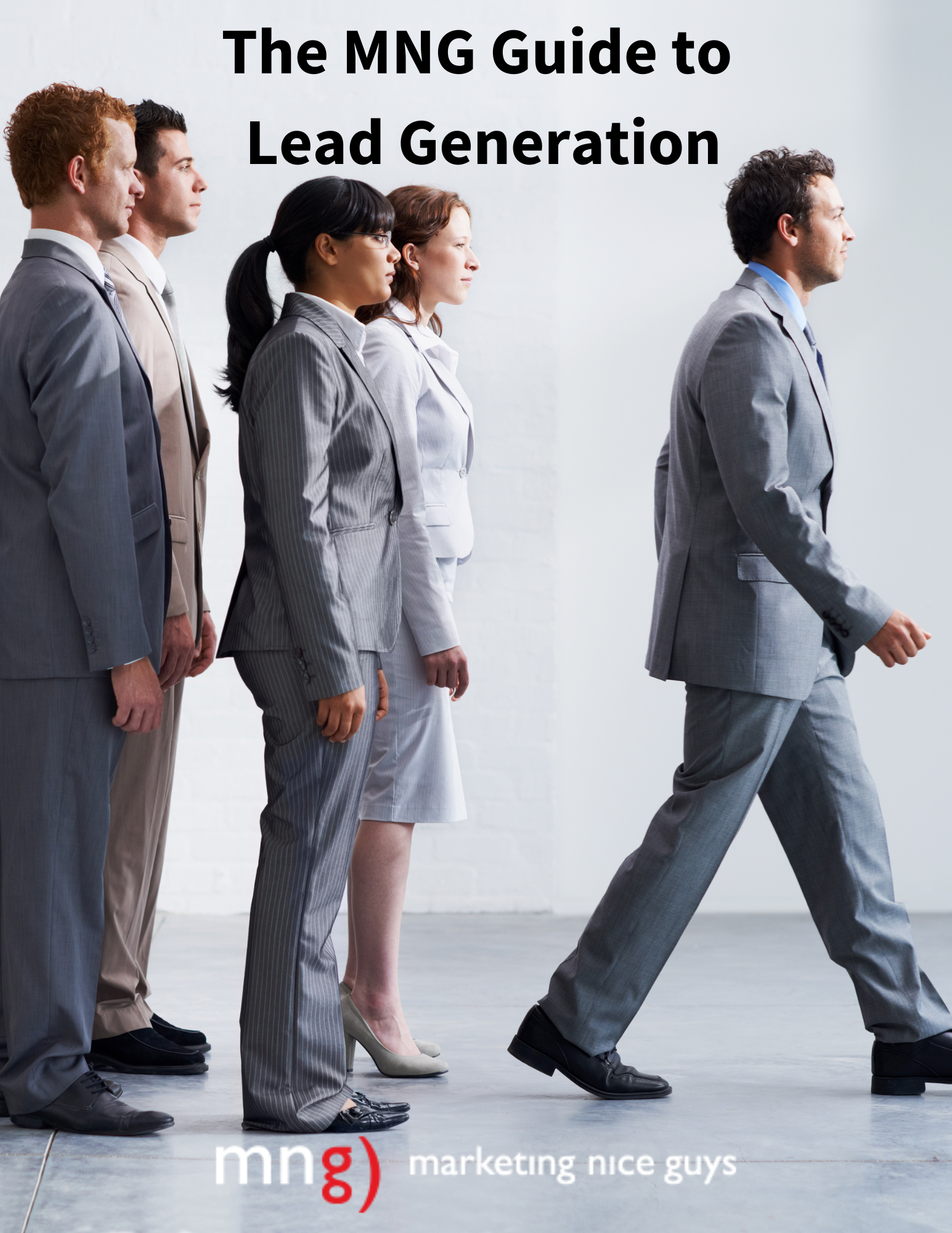The other day, we had a potential customer contact us to get our thoughts about how to best structure marketing services that would maximize ROI and lead generation for them within a certain budget. In this particular case, we went ahead and created the proposal, intentionally leaving off paid media/advertising (except for some dollars that could be spent on social to boost content and/or used for targeted ads aimed more at email acquisition.)
The client asked why paid search and other forms of advertising were not included. And we mentioned several reasons why we thought paid media would be more of a waste of money than any boon to the business:
- Competition & Cost: Given the existing competition in the space, the ads would get very expensive very quickly
- Lack of a Recognizable Brand: In order to compete in this particular industry, the company brand had to be further developed to make the ads effective
- Client Focus on Short-Term Goals: While there seemed to be “intent” in terms of searches (an indicator of in-market buyers), it was likely the ads would do little more than drive traffic, even with a compelling landing page.
Better, in this case, we argued, to take the time to build up the company through more inexpensive means first. But not every agency has this approach of what they might think is best for a client. In fact, I think we’re probably a little bit unusual at Marketing Nice Guys in that respect. A lot of other marketing agencies will gladly help clients part with their money, making them pay for services that may or may not be effective, just to lock them in.
And look, we’re not always right. Maybe such ads in the hands of some amazing agency could be really effective. Ultimately, you have to exercise your best judgment. But we try, whenever possible, to keep our clients’ best interests at heart. Why spend money on media, when in our view, it has only a slim chance to succeed? There are other risks we could certainly recommend that would have better long-term outcomes.
Hopefully, this helps to illustrate the main point – which is that advertising may not always be a great option for every small business. Here are some examples of small businesses where advertising may not be the best fit.
No. 1: Small Businesses That Have Tiny Budgets for Media
With advertising, the costs can add up quickly especially if you have to pay an agency to set up your ads/creative (recommended – see our blog “7 Things to Consider Before Buying Ads for Your Small Business”), and you have to spend money on media (dollars to pay the publisher or advertising network for where your ad gets placed). One thing to remember: Regardless of the medium (search, display, social, video, print, direct mail, billboards, buses, etc.), advertising is always going to be biased toward the bigger players. If you don’t have a bigger budget to spend, you may not always get the best bang for your buck. In Google Ads, for example, you can lose a lot of impressions due to budget alone. Also, if you have a limited budget, you’re not likely to get the reach you’ll need for ads to be effective.
No. 2: Small Businesses That Want Results Now (But Aren’t in An Industry Where Purchases Happen Directly from Ads)
The point of advertising is, of course, to drive more people to buy from that company. (Otherwise, why do it?) But it’s really a question of when. The truth is that a lot of advertising is not set up to drive immediate-term conversions or purchases. That’s just not how it works much of the time. (The one exception might be impulse purchases or targeting a pool of known in-market individuals.)
Oftentimes, we find that companies that complain about ads not driving direct revenue don’t have the right funnel approach. A great part of advertising after all is simply awareness. That is, to make specific audiences (who may or may not be thinking about a purchase) become aware that a company and/or its products and services just exist. Maybe a secondary goal for ads could be website traffic or newsletter signups. But much of the aim for most ads should be upper-to-mid funnel, rather than lower-funnel conversions.
No. 3: Small Businesses That Are Risk-Averse
At Marketing Nice Guys, we often talk a lot about risk and its importance in marketing (Example: “Why Marketing Is Like Betting on Horses”). But not every small business embraces risk. And we get it. Anytime you outlay money, there’s a possibility that you won’t have a good return. For business owners with this mindset, advertising is not ideal because you’ll likely not do what it takes to spend enough money to get the impact you want. Better, in this case, to work on developing content, boosting your organic social presence, or focusing on engagement with your current email lists, which have minimal marginal costs to your business.
No. 4: Small Businesses That Aren’t So Established Competing in a Crowded Field
Let’s caveat this somewhat. We’re not talking about all small businesses that fit these broad criteria. If you own a company and you have a decent-sized budget, you think long-term, and you’re not risk-averse, advertising may be a great opportunity for you. After all, advertising is supposed to bring visibility to businesses among targeted audiences. But too often what we see happen is that small businesses want to advertise in what is often a very competitive environment. By their nature, many of these companies aren’t so established – they haven’t yet conveyed their authority, or their expertise (and some haven’t yet found their “voice,” narrative, or content approach.) And what happens? In a crowded field, their ads get viewed and some may even be curious to click, but the established players get most of the attention.
Still Want to Do Ads? Try to Set a ‘Foundation’ of Success First
What can you do if this is the case if you still want to do ads? We often recommend setting what we would call “a foundation” before you move on to any advertising in the first place. This means a few things:
- Building up your social proof: Reviews, testimonials, and other customer feedback that will give evidence to audiences that you’ve served customers and they’ve been happy about it. Social proof is great to use in advertising as well as it helps to convey expertise and trust.
- Developing content and more content: Generally, content development is free. It takes only effort on the part of a small business. You can use content several ways strategically, but during this foundational period, content is especially good in terms of:
- Helping your site show up higher in search results so you pay less in terms of cost-per-acquisition
- Helping you find topics that engage your potential customers so you can eventually use them in ads
- Helping you with inexpensive ways to promote the business before you start spending a lot of money on advertising.
- Establishing your infrastructure to get leads and conversions: Companies sometimes put the cart before the horse. They start advertising without having a good landing page, or setting up the necessary form integration with their email marketing automation system. That can lead to wasted spend because audiences who click on ads that get them to a website may not be routed to the right places.
Conclusion
Advertising may or may not work for every business. If you’d like to have a free, 30-minute consultation about your situation, feel free to contact us. We’ll be happy to help!






